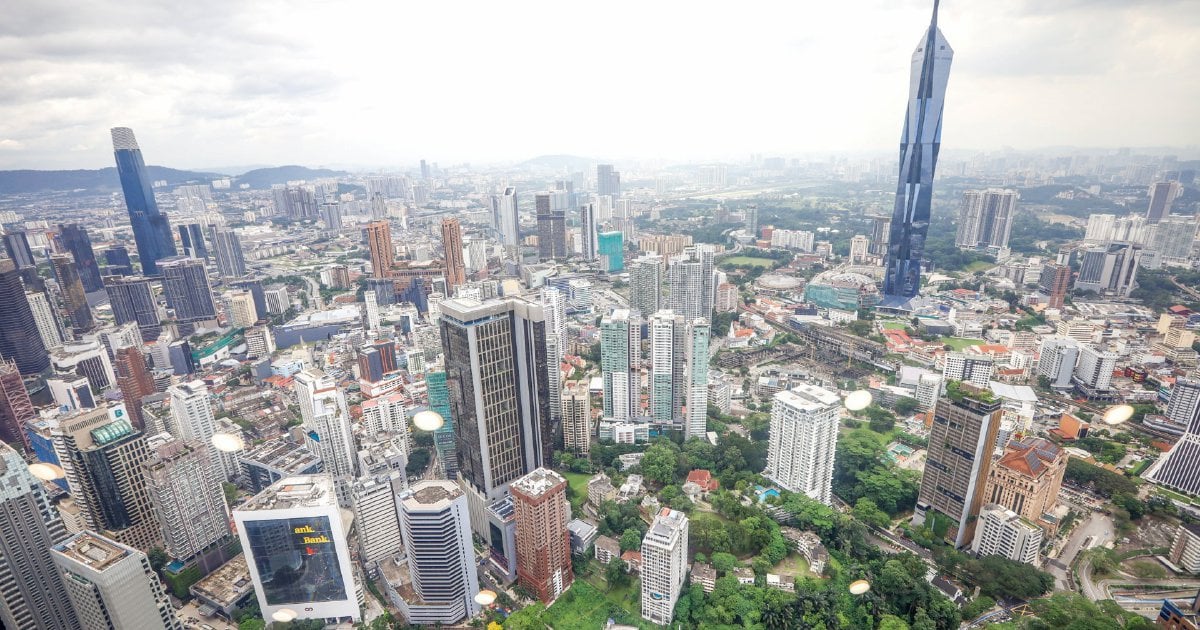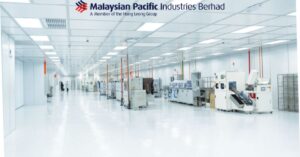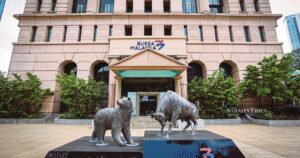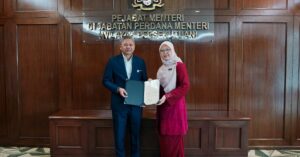KUALA LUMPUR: Malaysian investors are advised to adopt a sector-sensitive approach when navigating the current Trump-era uncertainties amid heightened market volatility.
Moomoo Malaysia head of dealing Ken Low said some industries are poised to benefit from shifting global capital flows and trade realignments, while others face direct headwinds from tariff exposure or global supply chain disruptions.
He added that electrical and electronics (E&E) stands out as one of the most exposed sectors, with Malaysia’s position as a global hub for semiconductor chip assembly and testing being put to trade war tests.
According to Bank Negara Malaysia, the E&E industry accounts for 40 per cent of the nation’s total gross exports, and a 7.3 per cent share of global semiconductor exports in 2024.
“Semiconductor and component manufacturers are particularly vulnerable, with margin compressions and access restrictions guiding market sentiment for the foreseeable future,” he said in a commentary on Trump‘s 100-day report card.
Low said another major Malaysian export is palm oil, which will also experience indirect volatility.
He noted that although the US is not a primary consumer, broader supply chain shifts and trade bloc realignments could result in oversupply concerns that may lead to global price pressures.
“This is further exacerbated rising ESG scrutiny on the sustainability credentials of palm oil among companies in the ‘West’, and fluctuating demand from major buyers like China.
“Since inauguration, crude palm oil (CPO) futures are down 6.2 per cent, with a more pronounced 12.15 per cent decline on a year-to-date (YTD) basis,” he said.
Low said medical product manufacturers, such as gloves, devices and pharmaceuticals are also feeling the tariff pinch, with knee-jerk order cancellations from US importers already impacting local businesses.
He noted that medical device exports to the US alone make up 36.97 per cent of the total exported amounts, and policy uncertainties over the proposed 24 per cent in reciprocal tariffs could spell further downstream implications.
“For a more strategic market outlook, investors should monitor forward guidance from major industry players and associations to assess how well they’re absorbing cost pressures,” he said.
To hedge against uncertainties, Low said defensive staples and high-dividend stocks traditionally tend to weather external volatility better.
He added that fixed income instruments such as short-term government bonds and sukuk may also offer yield stability and provide an alternative to equities facing pricing pressure.
“Though volatility is likely to remain, Malaysia’s fundamentals remain resilient.
“Investors should balance short-term shifts with medium-term themes like digitalisation, regional integration, and energy transition,” he said.
According to Low, the first 100 days of Trump‘s second term have brought volatility back to the centre of market conversations — not just as a short-term issue, but as something that feels more permanent.
In this environment, investors are focusing more on how to stay flexible without giving up protection.
He added that they are seeing a greater emphasis on liquidity and holding more cash is no longer about sitting out of the market — it’s about staying flexible.
“There’s also renewed focus on what are often called safe havens. Shorter-term bonds and sukuk are getting attention again to park capital without taking on extended rate risk.
“We’ve also noticed more local discussion around options, especially from investors who are trying to navigate volatility without making big shifts in their core positions,” he noted.
Low said the real competitive edge now lies in staying informed, maintaining liquidity, and understanding how to layer in strategic protection.
© New Straits Times Press (M) Bhd



![MARKET PULSE AM NOV 14, 2025 [WATCH]](https://prwire.my/wp-content/uploads/2025/11/MARKET-PULSE-AM-NOV-14-2025-WATCH-300x158.jpg)


![BTH: FIFA sanctions, heritage players & refugees at risk [WATCH]](https://prwire.my/wp-content/uploads/2025/11/BTH-FIFA-sanctions-heritage-players-amp-refugees-at-risk-WATCH-300x158.jpg)